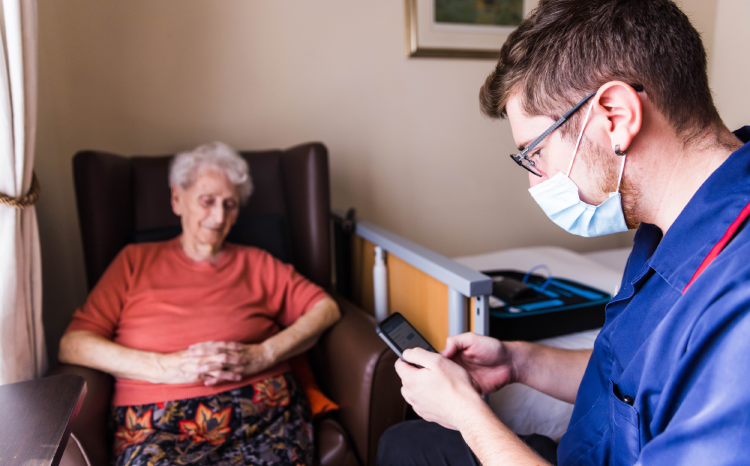An integrated care delivery model is making significant strides in health management within care homes, potentially saving the NHS £14 million per integrated care board (ICB) each year, as detailed in a report released in March 2025.
Key Features of the Integrated Care Model
- Developed by Kent County Council, this model equips the care sector with essential tools and skills for early detection of health deterioration and management of risks, including infections and chronic conditions.
- By reducing unnecessary hospital admissions, the model could save £14.2 million for local health systems if implemented across all care homes in the Kent and Medway ICB, with national savings potentially exceeding £360 million.
The report, co-authored by Care City, a Barking-based health aging and regeneration center, and healthcare consultancy Candesic, in partnership with Kent County Council and Feebris, outlines a framework for integrating data and technology to enhance community care delivery.
Core Components of the Model
- Proactive Health Management: Focuses on early detection and intervention in care homes.
- Integrated Multi-disciplinary Collaboration: Encourages teamwork among various healthcare professionals.
- Hospital-level Care in Care Homes: Provides advanced care within the familiar environment of care homes.
Matt Skinner, CEO of Care City, emphasized the importance of social care in the future of the health system, stating, “By empowering care staff with the right tools, training, and trust, we can improve outcomes, reduce emergency demand, and deliver more coordinated, preventative care.”
Impact of the Pilot Program
The report includes findings from a 12-month pilot in Kent and Medway, where the Feebris virtual care platform was utilized across 24 care homes to conduct early risk assessments and proactive monitoring for 1,000 residents. Key outcomes from the pilot include:
- 75% of care homes adopted early health detection workflows.
- Hospital admissions decreased by 20%, resulting in savings of £530,000 for every 1,000 residents.
This model allows care home residents to receive personalized care, helping them maintain better health for longer in a familiar setting.
Recommendations for Future Adoption
The report also stresses the necessity for structural changes in financial incentives and workforce development to facilitate broader implementation of this model. Such changes could significantly reshape community-based care and enhance the sustainability of the NHS.
Dr. Elina Naydenova, CEO and co-founder of Feebris, remarked on the urgent need for change in the healthcare system, stating, “Our partners at Kent County Council are leading the way with their approach. Now is the time for a collaborative effort among innovative organizations to evolve the care model to address these challenges.”
In November 2024, Feebris introduced a heart failure service in Northern Ireland, enabling patients with complex conditions to receive remote care from home.
